Secret Level uses a formula like Black Mirror, The Animatrix, and Love Death + Robots. Each episode acts as a standalone product and an adaptation of a popular game. These bite-sized episodes allow you to enter a realm originally created in a video or board game format, allowing you to enjoy its lore and fantastical world that you may have had no interest indulging in beforehand.
Whether you’re a fan of the game or have never heard of it, you can appreciate these short-form adaptations without needing to hop into the game itself. All Secret Level episodes can be watched on Amazon Prime with a monthly membership cost of $14.99.
So, here is our ranking of all 15 Secret Levels. This list has looked at each episode and factored in its narrative, character development, emotional impact, and entertainment value. We have tried to be as objective as possible, but this list is subject to personal preference like all rankings.
Secret Level: All episodes, ranked
15) Playtime: Fulfillment (Episode 15)
Rating: 2/5
The most accurate representation of what I think the world will look like in 10 years, Playtime shows what will happen to us if microtransactions seep into the real world. A perfect way to end the series, Playtime combines multiple popular video game features into one bizarre concoction. What would you do if all of your favorite games spilled out onto the busy streets of an American city?
While this entry is entertaining, it relies more on your pre-existing bias for games like Shadow of the Colossus, God of War, Helldivers, and Little Big Planet. It feeds on both your nostalgia and love for video games. This, unlike every other Secret Level episodes, exists to give you that dopamine hit like opening a brand new package. Playtime is the weakest episode as it isn’t as enjoyable for viewers who don’t recognise the video game characters. However, Playtime: Fulfillment is a good appreciation episode for video games and a nice send off for season one.
14) Mega Man: Start (Episode 10)
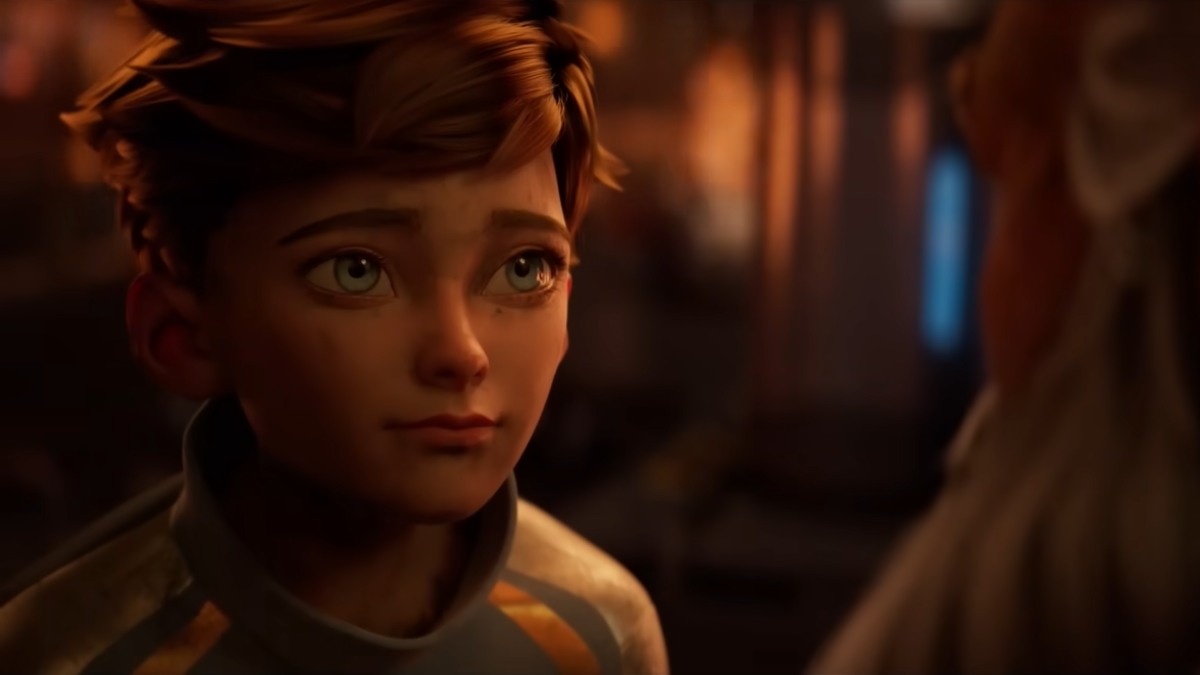
Rating: 2.5/5
Mega Man is the shortest episode Secret Level has to offer. It is the origin story of Mega Man, showcasing how this android child came to become a mecha-fighting hero. The episode feels like Big Hero 6, where I was half expecting Professor Light to die at the end of it. Short, simple, and sweet at five-minutes long, Mega Man gives us a bit of action, but there’s a clear focus on showing us the father-son relationship between Light and Rock.
The result is underwhelming due to its short length, especially as this is the 10th episode in the series, which followed 10 to 15-minute adventures with excellent pacing and narratives. This makes Mega Man one of the weakest episodes, as it acts more like a teaser for a movie.
13) Spelunky: Tally (Episode 12)
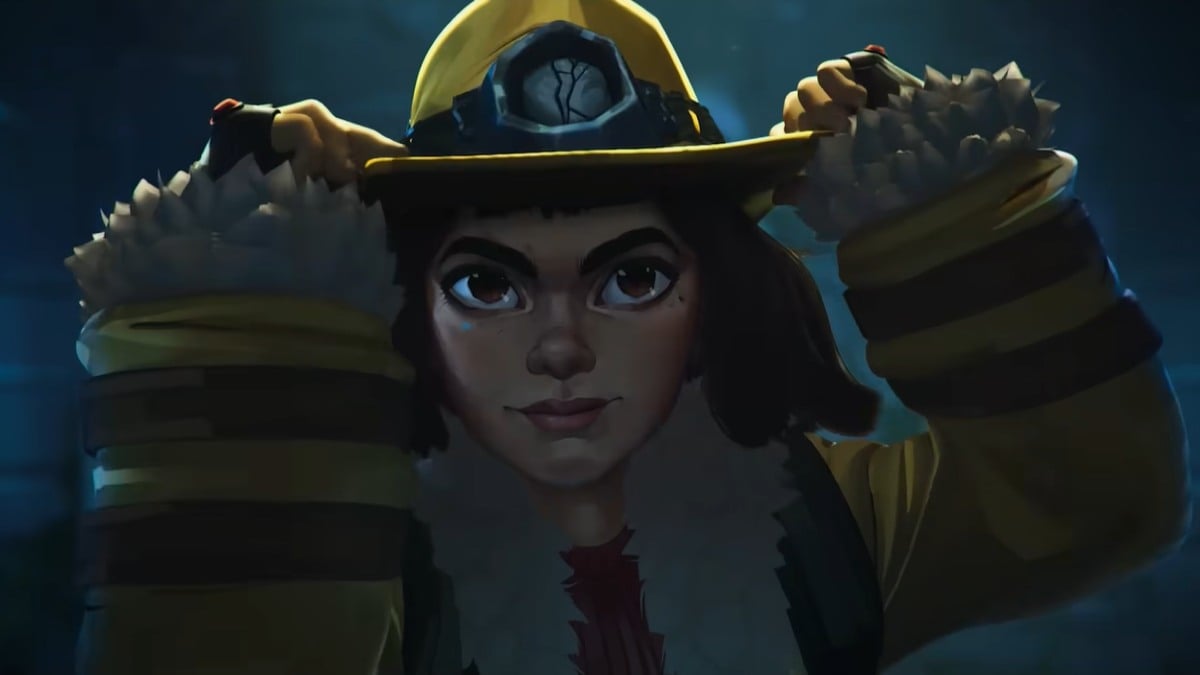
Rating: 3/5
Spelunky felt the most like watching a video game. As our protagonist keeps respawning after being killed by monsters, booby traps, or falling to her death, an older, wiser woman is there to cushion the fall. Like a true NPC, she teaches our protagonist to enjoy each life and death as they’re what makes her, her. Although the episode is absolutely stunning, it’s a weaker episode than others as its message is delivered too quickly. Similar to Mega Man, we aren’t given a real reason to cheer our protagonist onwards.
But the message is clear: No matter how many times you fail, never stop to achieve your goal. View life without keeping count of how many times you’ve tried and failed. Instead, dust yourself off and learn from your mistakes.
12) New World: The Once and Future King (Episode 3)
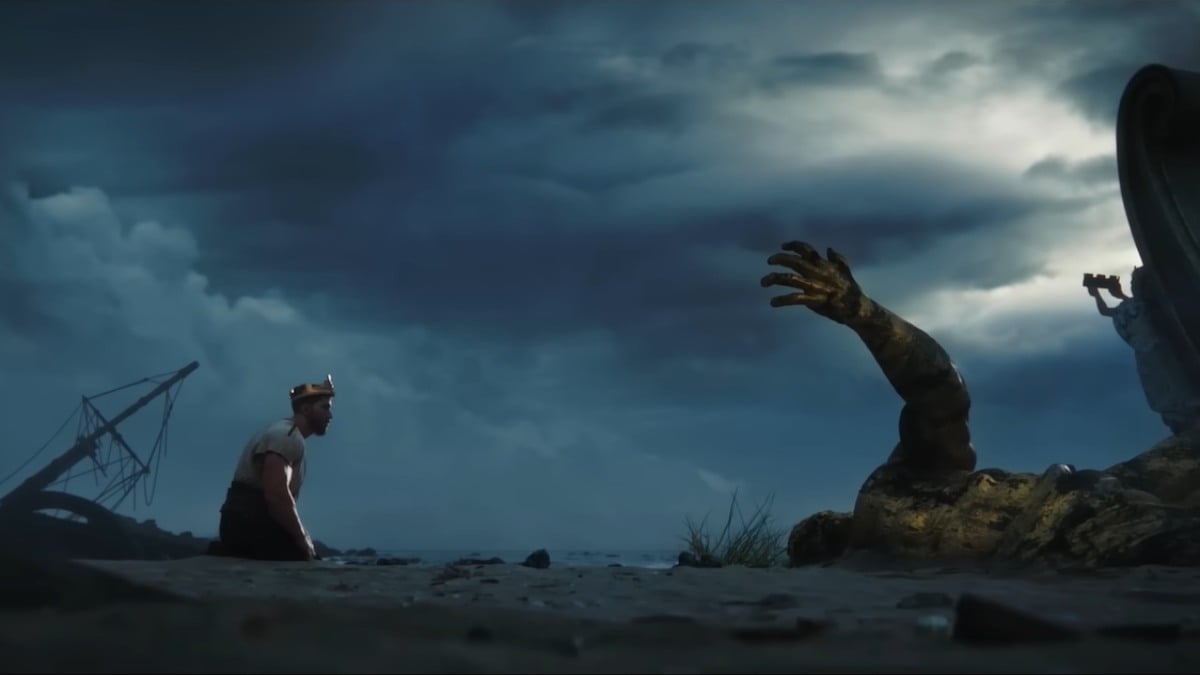
Rating: 3.2/5
A battle lost, shown in three images of our protagonist; New World takes an arrogant, naïve king and throws him into Aeternum, an island full of immortals. This is one of the more comedic takes from Secret Level as Aelstrom repeatedly battles against King Zmach in an efforts to be king. His obsession for the crown in a foreign land leads him to dark magic, where he gives away parts of him, piece by piece to claim stronger power.
In the hunt for dominion, Aelstrom loses sight of himself in the process, realising that a king isn’t a king without an army. This episode shows that there’s more to life than the goal to be better than everyone else.
11) Concord: Tale of the Implacable (Episode 13)

Rating: 3.2/5
Well, then, this is awkward. Entertaining from the start, Concord is another comedic entry from Secret Level. It’s giving Borderlands and Guardians of the Galaxy as we follow a band of pirates, looking to escape into the cosmos and become lawless. Concord shines in the final few minutes of the episodes, demonstrating the power of great visuals and music. Tale of the Implacable sure packed a lot in its 15-minute slot, but it doesn’t stand out when other heavy-hitters in Secret Level exist.
The characters are likeable—sure—but they’re not memorable. There’s nothing to align ourselves to besides wanting the Freegunners to get out of the situation alive. We always root for the underdog, but these surface-level characters have personalities we yearn for or simply be entertained by. This episode is a tale delivered by a bartender, meant to inspire those who hear it, but unfortunately it falls short on its impact.
10) Crossfire: Good Conflict (Episode 7)
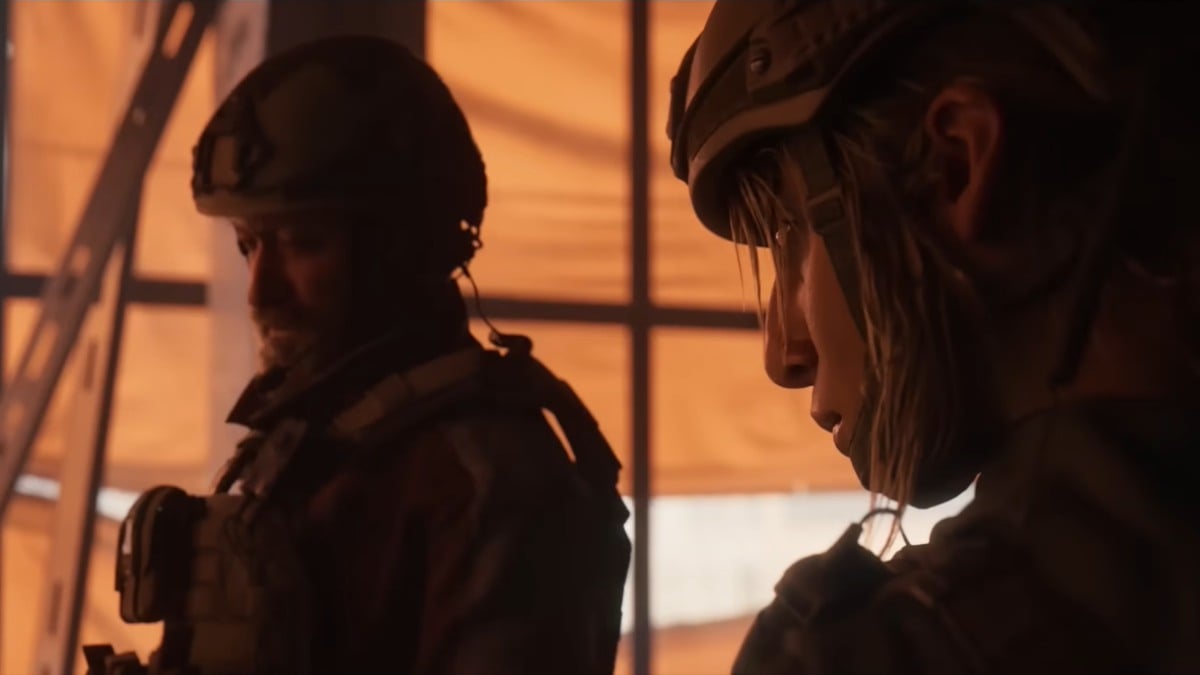
Rating: 3.5/5
Appropriately named, Crossfire is conflict-filled from the start. The setting perfectly matches what’s developing on screen: The wind blows across the skyscrapers of a desolate city, and a heavy downpour matches the chaos. A conflict between two mercenary groups is underway. Switching between perspectives, it’s hard to keep track of who we’re rooting for and why.
In a way, the repeated switching of characters tells us that we shouldn’t support one party over the other. It seems fitting in a tactical shooter that neither group are more worthy of our alignment as both believe they’re the good guys. The action is excellent, and it has some powerful moments. But there’s nothing about its story that’s noteworthy. Crossfire reimagines its core gameplay and delivers it in a realistic way that’s easy to digest, but lacks necessary depth.
9) PAC-MAN: Circle (Episode 6)
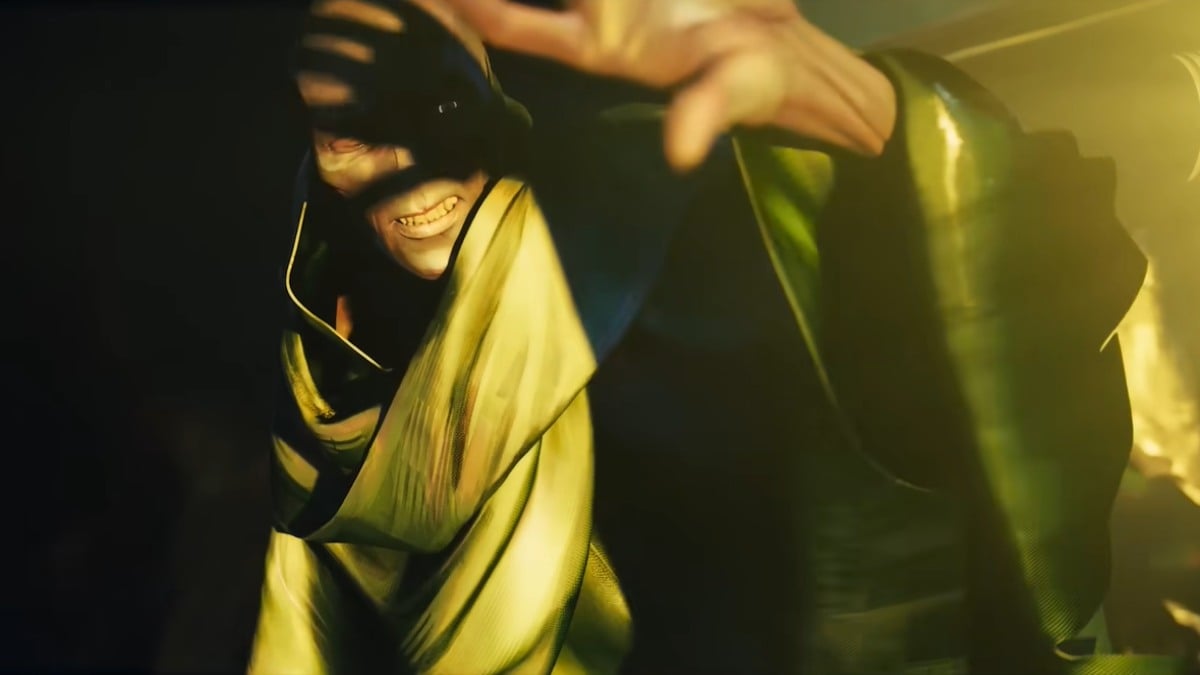
Rating: 3.8/5
I was curious when I went into this one as I was unable to see how they’d effectively adapt this from an arcade game. The beginning felt like a cosmic horror as our protagonist is birthed into a strange world where his purpose to his existence is delivered by an orb. How does he find meaning to this existence? He must eat or be eaten.
It’s an interesting concept for Pac-Man, where the labyrinth is far wider than the compact space we all know from the arcade game. The entire episode felt like a dream, as if the maze is part of The Chosen’s mind; where he must fight and consume his demons, while running from the ghosts that haunt him. Circle is true body horror and has managed to permanently ruin the family-friendly titular character we all know of… and hoped would escape at some point.
8) The Outer Worlds: The Company We Keep (Episode 9)
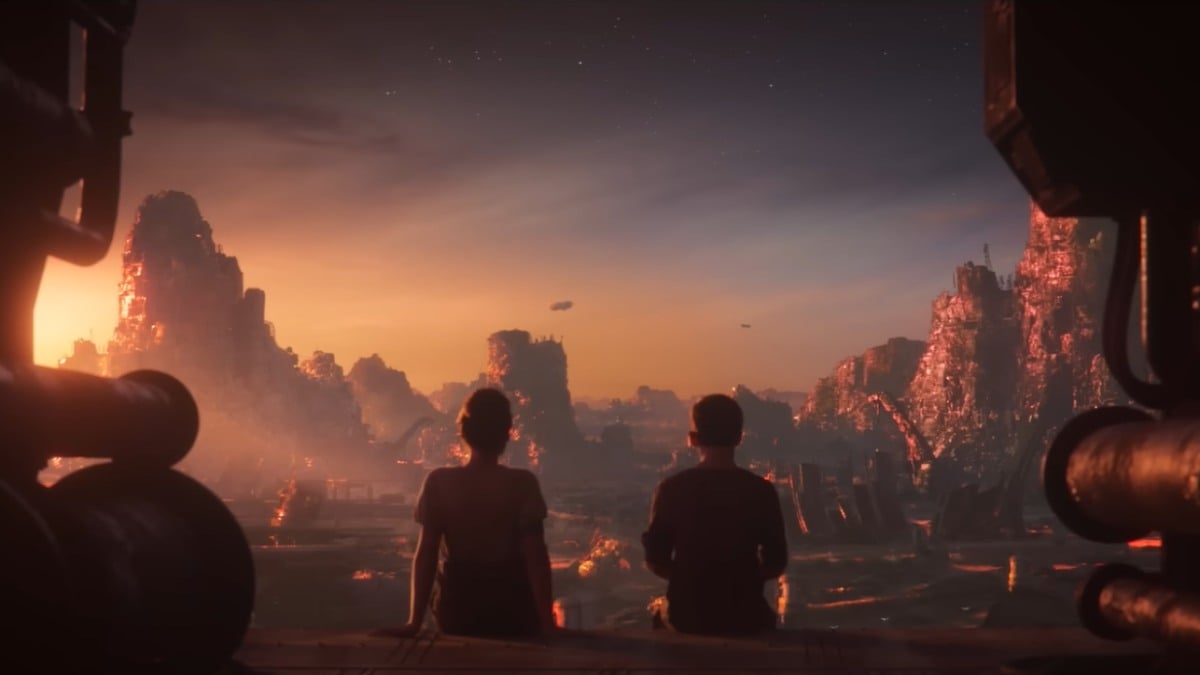
Rating: 3.8/5
The Outer Worlds follows the sweetest, most naïve character Secret Level has produced. The episode makes a point to suggest that Amos is extremely lucky, but whether you think he is depends on your perspective on life. While he spends most of his life completing manor labor jobs, feeling aimless and purposeless, he finds meaning the moment the woman he loves reappears. Desperate to see her again, he enlists himself into cruel experiments that take parts of him he’ll never get back.
This episode reveals an unsurprising twist that perhaps Amos was in love with an idea more than the person. The lighting in this episode is spectacular, especially as it switches from light to dark as the true villain is revealed. It shows just how far people will go to achieve their goal. Be it from putting others down, letting go of a part of themselves, or to take until you have it all.
7) Exodus: Odyssey (Episode 11)
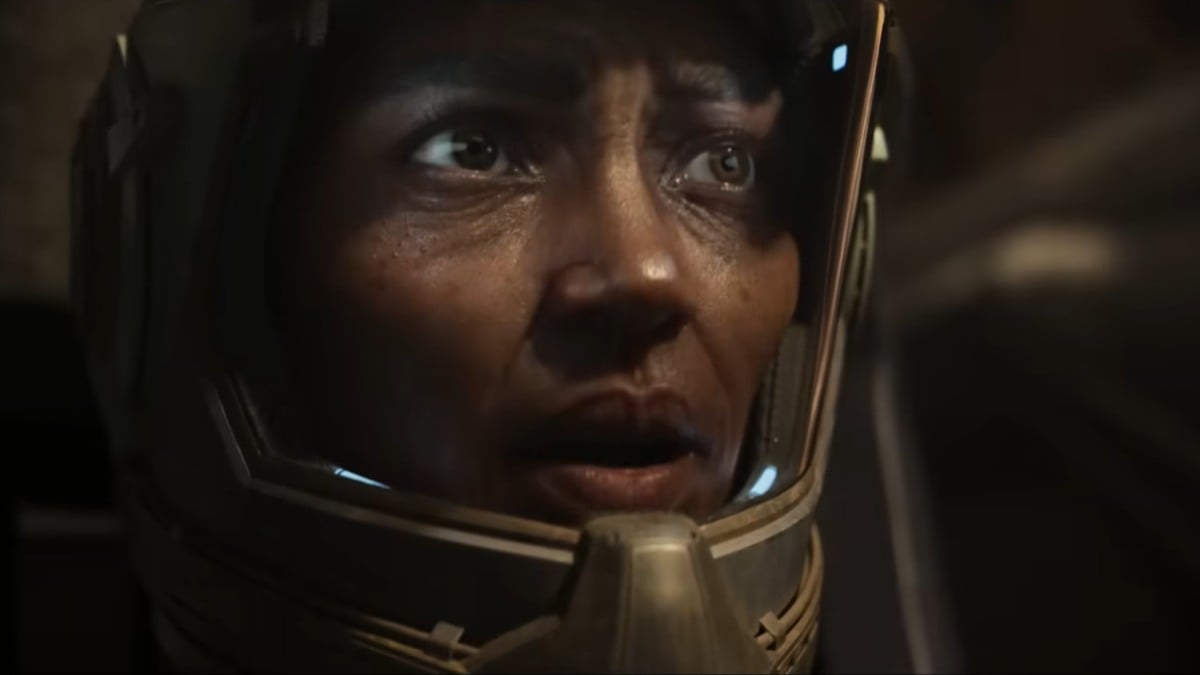
Rating: 3.8/5
At the time of writing this article, the Exodus video game hasn’t come out yet. The interesting thing about this episode is how we see it from the father, Nik’s perspective. I was expecting to join Mari on her adventure as she runs away from home in search for meaning by joining a space expedition. What’s mad about this setting is how Mari is aware she’ll likely be gone for decades, but chooses to go anyways, leaving her father behind to seek the life she’s always dreamed of. Nik follows in her footsteps, but time passes differently whether you stay on a planet or are travelling across the stars.
Witnessing his daughter’s life through records, he passes through worlds in the hopes of catching up to her in time. It’s a dramatic entry that’s hopeful throughout. While we see the years fly by for Mari, we hold out that Nik will find her again. A story similar to Interstellar, Odyssey is a sweet story about hope and how far a father will go to protect his child.
6) Unreal Tournament: Xan (Episode 4)
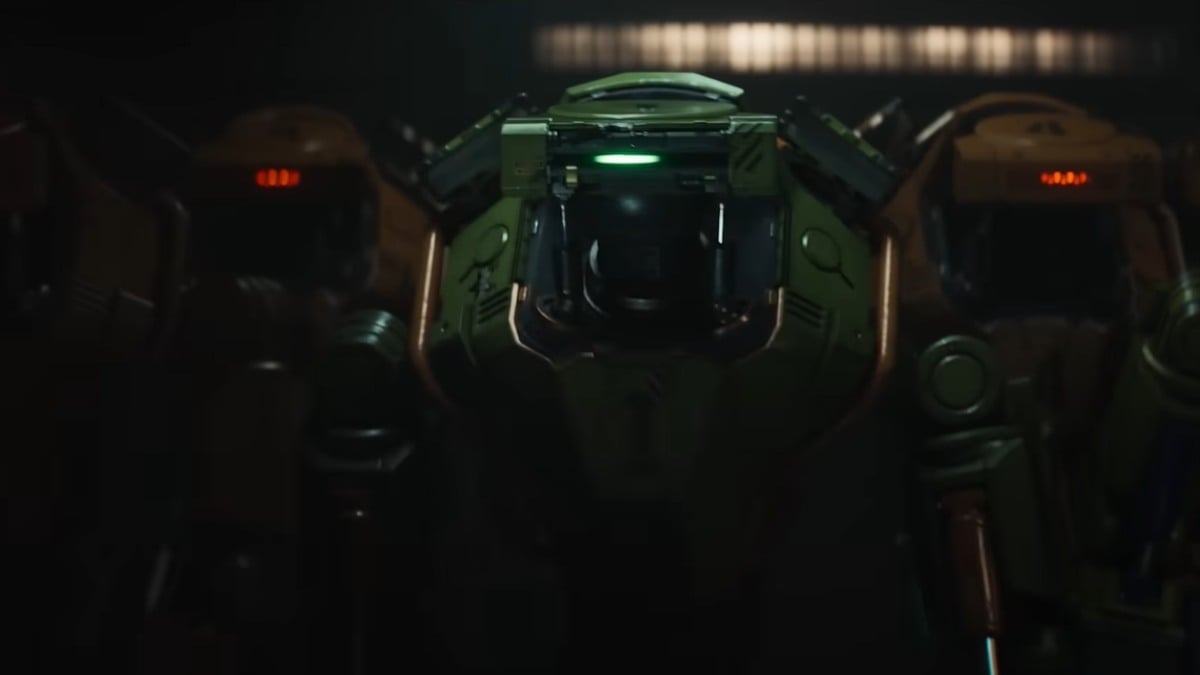
Rating: 4/5
Unreal Tournament’s perspective is shown through the Xan’s point of view; an older mining robot model with a glitch in their system that makes him sentient. Humans appear cold, callous, and uncaring about robotic life. While I was expecting the War Against the Machines to start any moment, I knew this wasn’t that kind of adaptation. The setting is post-apocalyptic and feels fitting for now, as mankind continues to evolve their technological creations.
This adaptation shows how the Unreal Tournament began, as a means to deliver justice against the rebellious robots while entertaining the masses. A favorite for the crowd, Xan develops a name for themselves, all while the gamemaster attempts to destroy them inside the arena. A story about an underdog and the overthrowing of authority, we naturally align ourselves to Xan as we can sympathize with their struggles.
5) Armored Core: Asset Management (Episode 8)
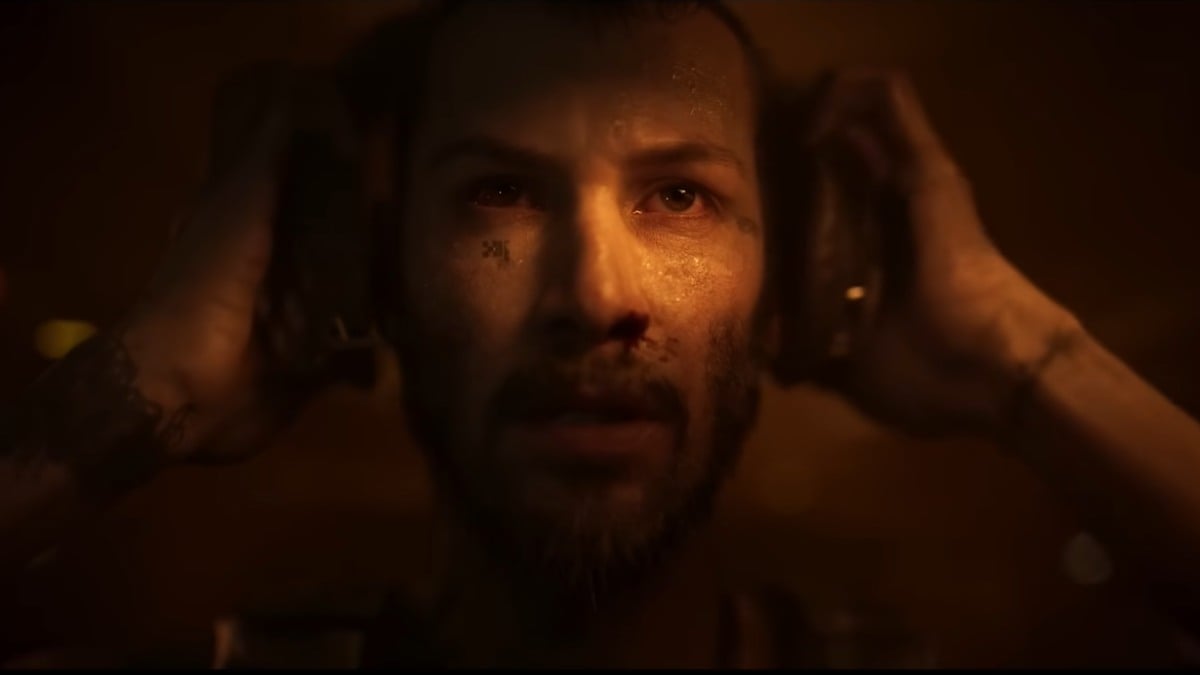
Rating: 4/5
Part of the giant mech suit that you play as in Armored Core, our pilot is the last of his kind that allows him to combine with the suit for full movability and cognitive function. He becomes the suit and in turn, a part of the Core itself. The delivery of the episode is interesting as our protagonist cannot fit into society due to his augmentations and while he feels like an outsider, he’s also found solace with his connection to the Core.
Asset Management had me hooked from the start, but it likely comes from a place of bias due to my adoration for FromSoftware. This episode could easily have a limited series where the revelation at the end of the episode came at a later moment. Seeing as they had to pack a lot within a 15-minute slot, the result left me craving more as if I had also spent time linked to the Core. The final scene is brutal and switches the narrative from antihero to villain, giving it greater impact than other entries on this list.
4) Sifu: It Takes a Life (Episode 2)
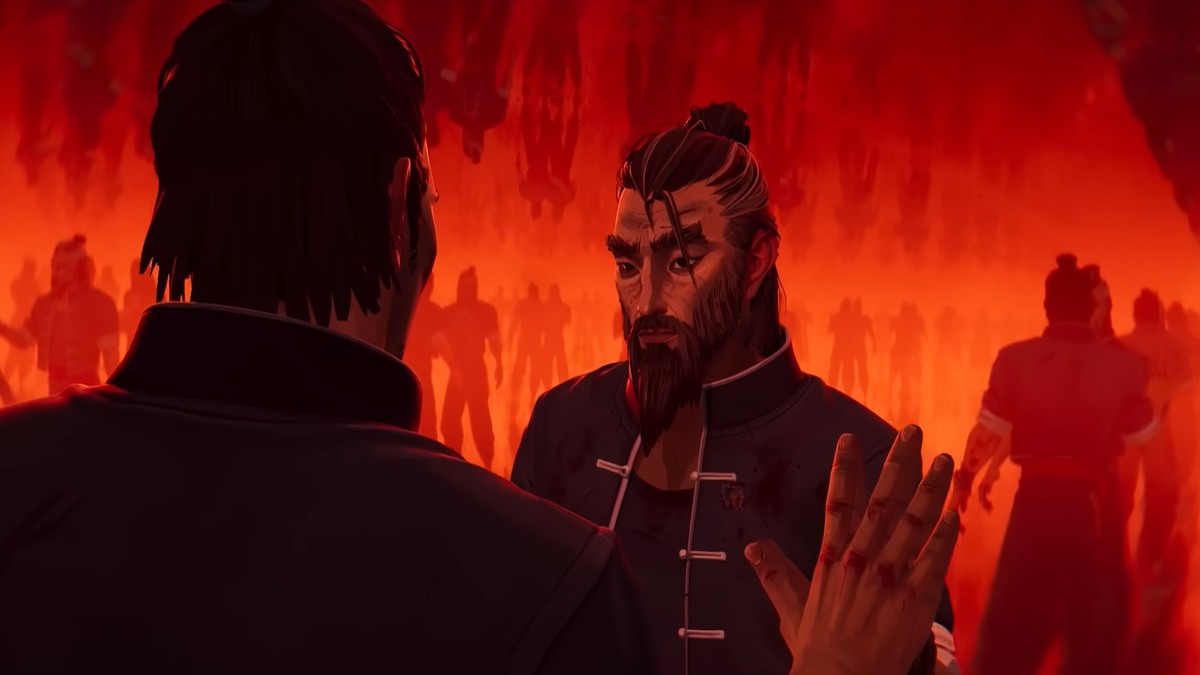
Rating: 4.2/5
Now I was excited for this one. Secret Level excels in the art direction they take with each entry. Sifu’s style perfectly captures the setting, genre, and characters from the game. Flashbacks of our protagonist’s trauma, motive, and purpose are shown in a scratchy, unfinished way, like looking at a panel from a storyboard or at impact frames. With clear influence from anime, Sifu shows us everything we need to know about our protagonist without dumping exposition on us.
The effortlessly cool fighting feels like a throwback to Enter the Dragon and Police Story. Like a cat with nine lives, our protagonist continues his fight even after being knocked down. Each part is a perfect replica from the game, as our protagonist ages with each death—being older, strong, and wiser than the last attempt. Sifu has a beautiful conclusion as its message asks us whether what we’ve spent years learning and honing was worth it in the end.
3) Dungeons & Dragons: The Queen’s Cradle (Episode 1)
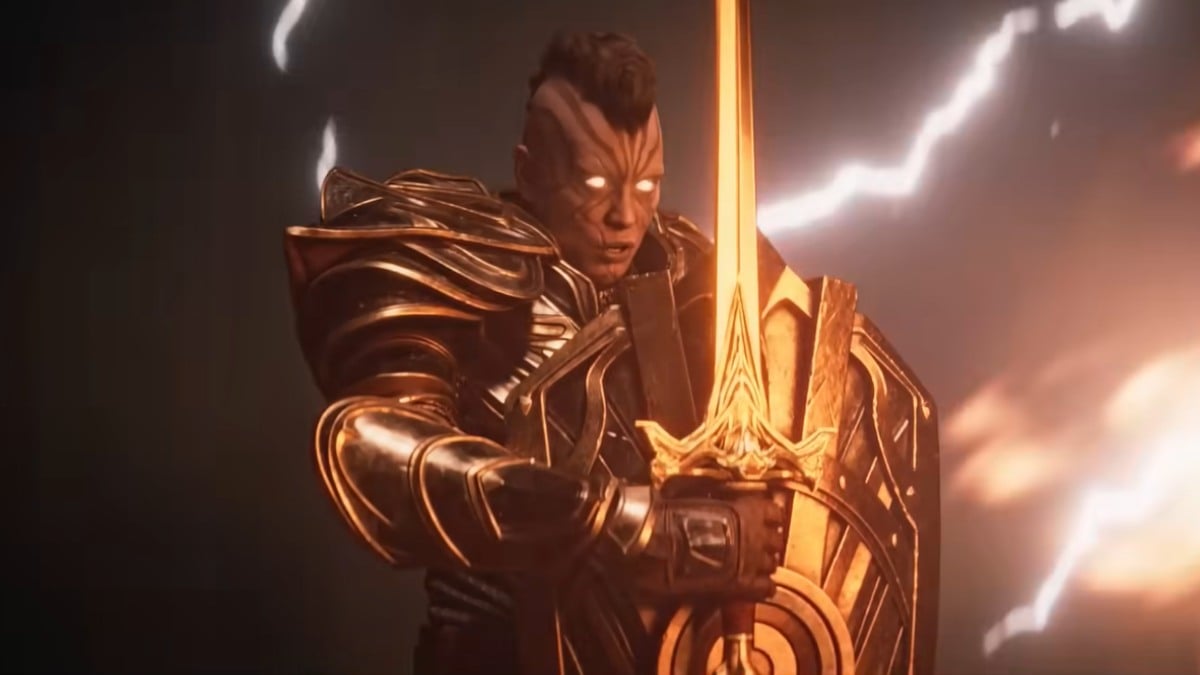
Rating: 4.5/5
Puberty hit Solon hard in this one as he battles against lethal premonitions and an all-powerful deity that resides inside him. The setting reminds me of the Balrog fight in Lord of the Rings, while Solon’s story resembles Naruto and the Nine-Tailed Fox. Secret Level starts out strong with their Dungeons and Dragons entry which immediately establishes mystery and intrigue. The giant bat-like monsters, elemental powers, and dragons that put Game of Thrones to shame make me want to hop into this fantasy world immediately (even though I wouldn’t last longer than an hour).
The final boss is spectacular and how the story showcases each character and their class to complete the team is an excellent way of showing how Dungeons and Dragons works. The only table-top game in the series, an emphasis is placed on chosen family, teamwork, and the strength to carry on. The episode ends at its greatest climax, where the final boss fight is literally at our doorstop. But creator Tim Miller shuts that door in our faces, abruptly ending our high. It is a similar fleeting feeling to Armored Core.
2) Honor of Kings: The Way of All Things (Episode 14)
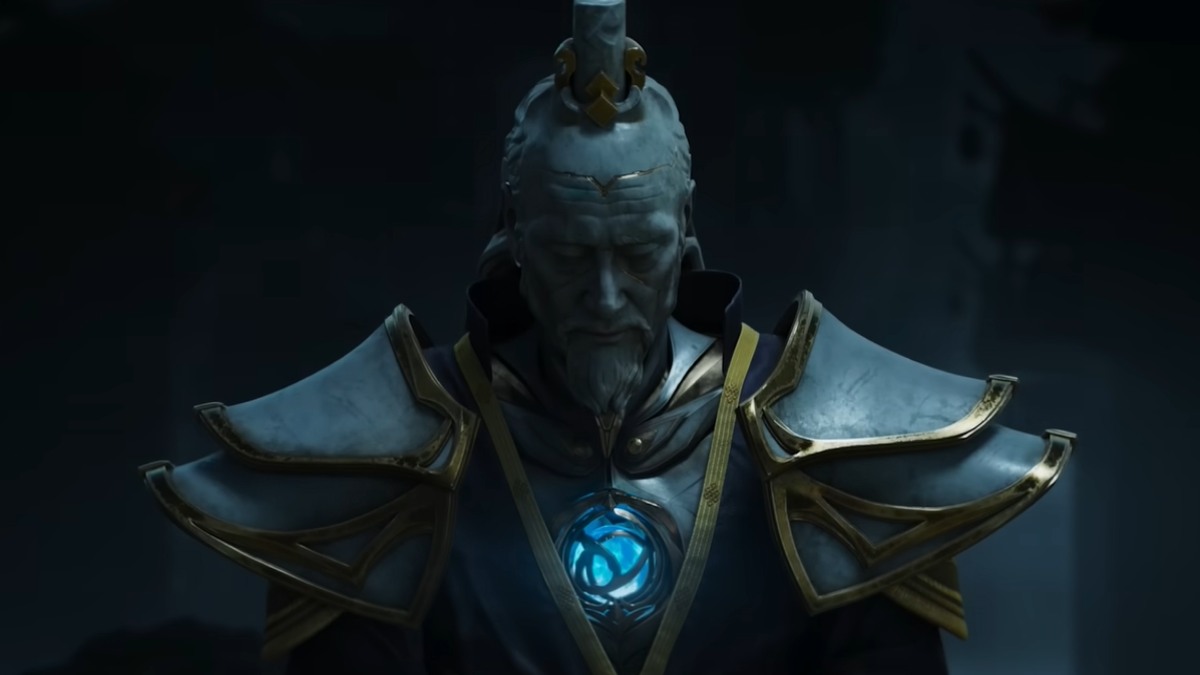
Rating: 4.8/5
Honor of Kings has powerful imagery that show us Yi Xing’s past, purpose, and why he came to the palace to face the all-knowing, all-powerful Tiangong. It is an excellent way to show a backstory without taking us out of this immersive world. Attempting to defeat something that cannot be beaten, Yi Xing puts in all of the line, knowing the inevitability that he will likely leave the palace having lost his sanity along the way.
What’s interesting about this entry is its take on a deity. Do we really have the control we think we do when making a decision? Honor of Kings has an unique insight regarding religion; in that when something bad happens to us, we look towards our God and demand forgiveness, retribution, or ask it why. But if you have no free will and everything you do or is done to you is inevitable, should we still question our creator? It poses some interesting questions that made me second guess my own place in the world.
1) Warhammer 40,000: And They Shall Know No Fear (Episode 5)
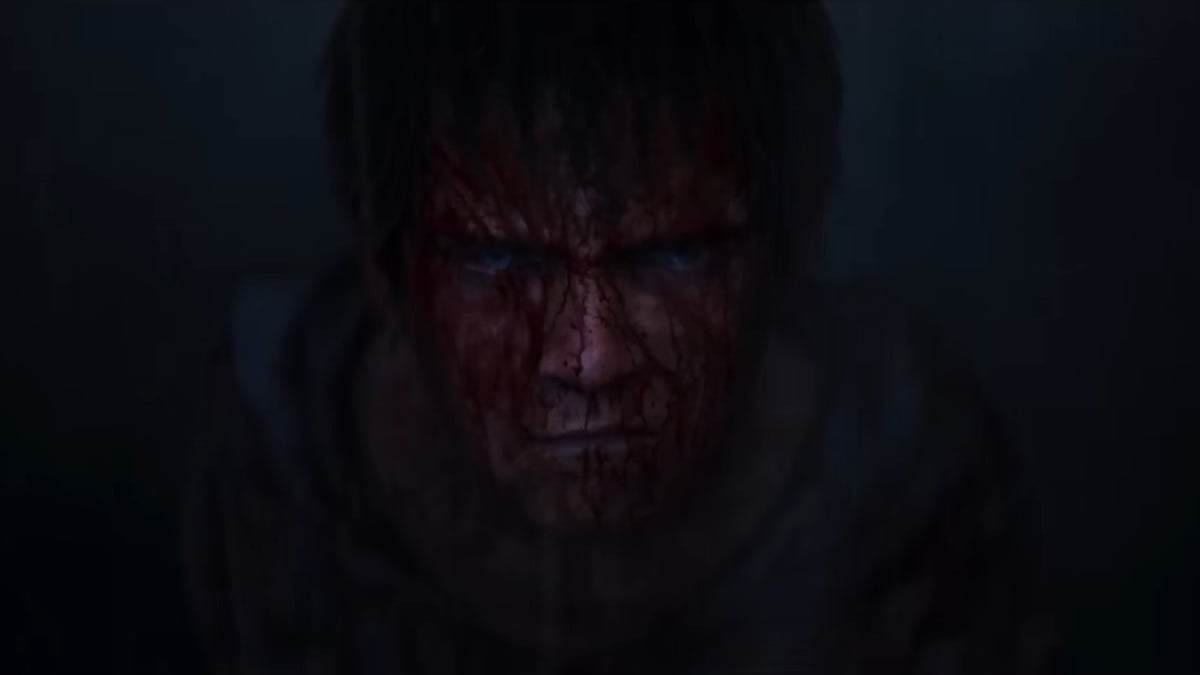
Rating: 5/5
Warhammer 40,000 feels the most like a pilot episode to a long-standing series. Similar to Dungeons and Dragons, going into this episode blind will leave you in awe at the setting and combat. It’s clear we’re witnessing a suicide mission, but the four armored soldiers we’re following are effortlessly cool as they battle hordes of enemies while barely moving. These are the type of players you want on your team. Neon blood light up the arena as waves of enemies surround our focused squad. It’s literally “cool guys don’t look at explosions” but apocalyptic.
What makes this episode so darn good is the lack of dialogue lines. We just get badass, intense fighting from start to finish. Its combat is levels above the other episodes. Gory, brutal force is the main reason you keep watching, transfixed to the screen. This episode made me want to pick up Warhammer immediately after watching. I don’t know what’s happening, but I’m here for it, every step of the way. And They Shall Know No Fear is incredibly powerful and chilling as I watch the fearless child head into the great unknown in wonder, fully sold on the idea that he will come out the other side victorious.


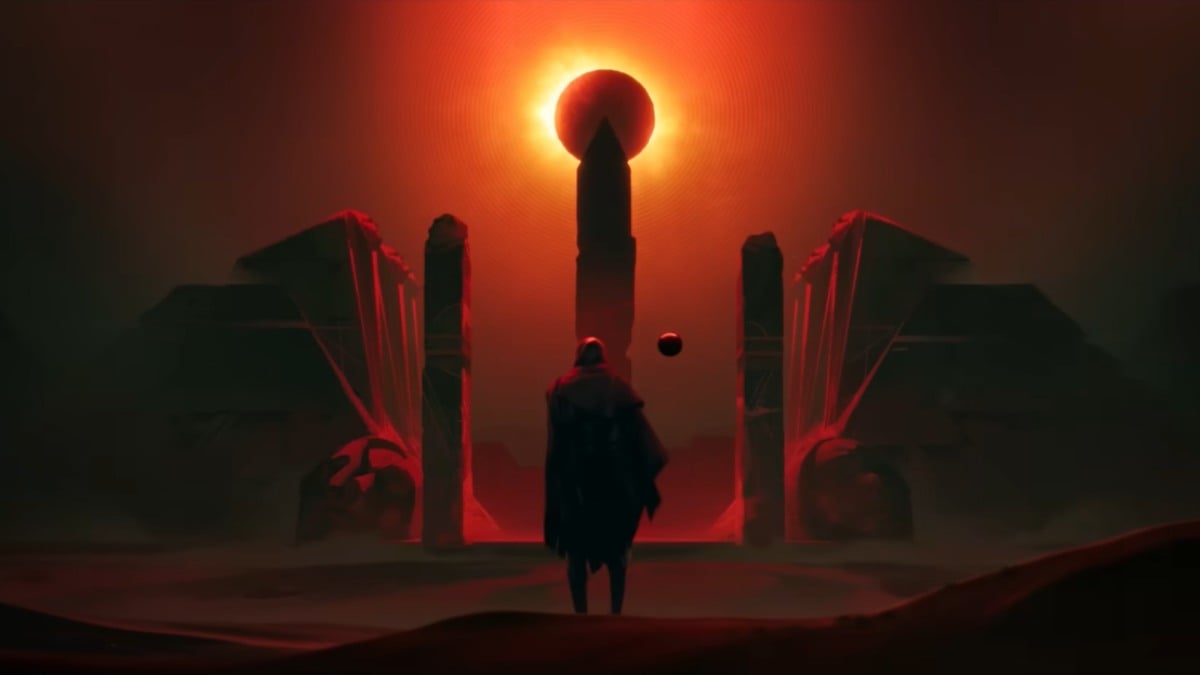
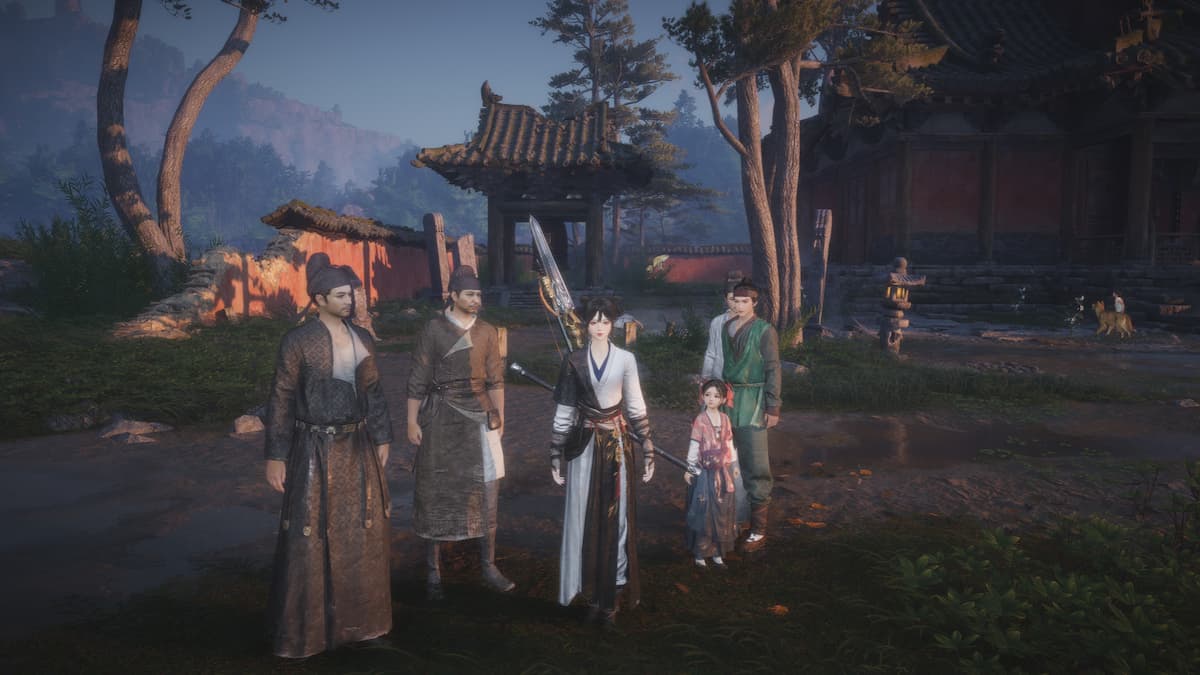

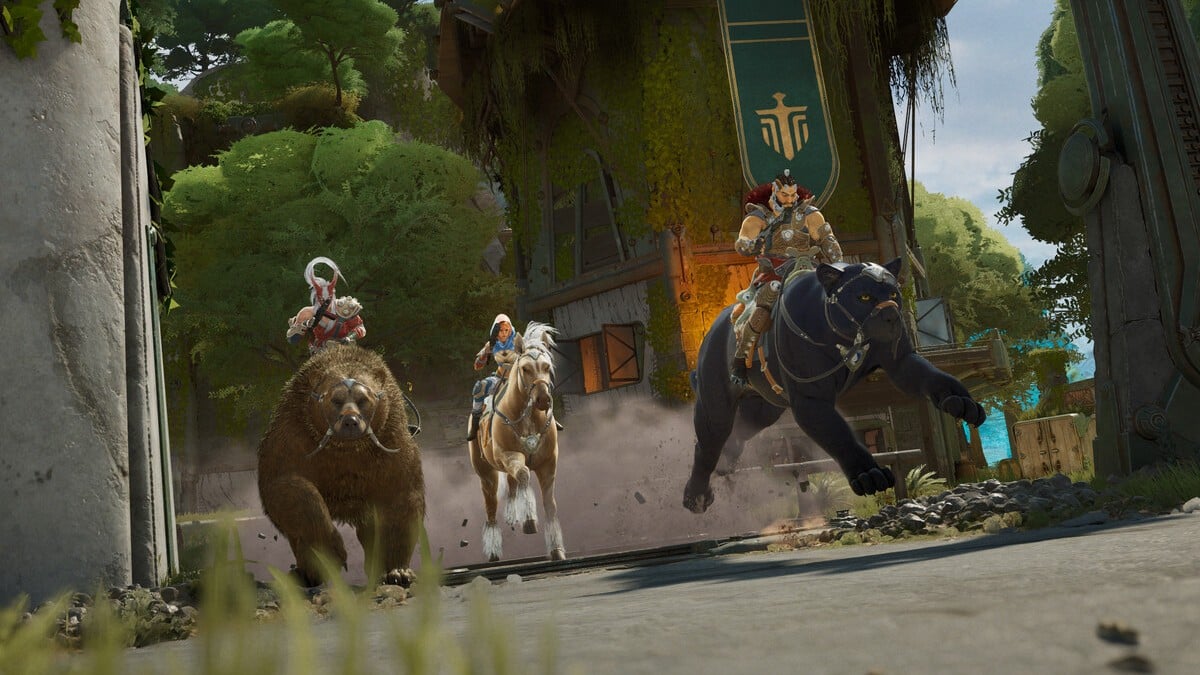
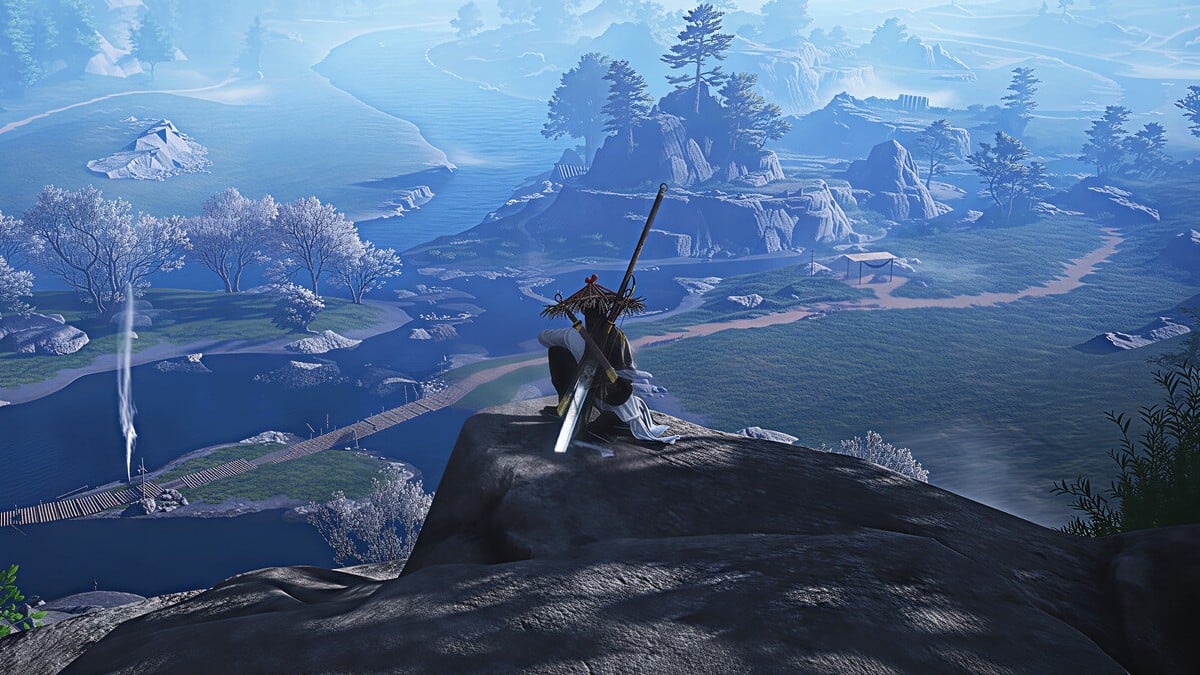
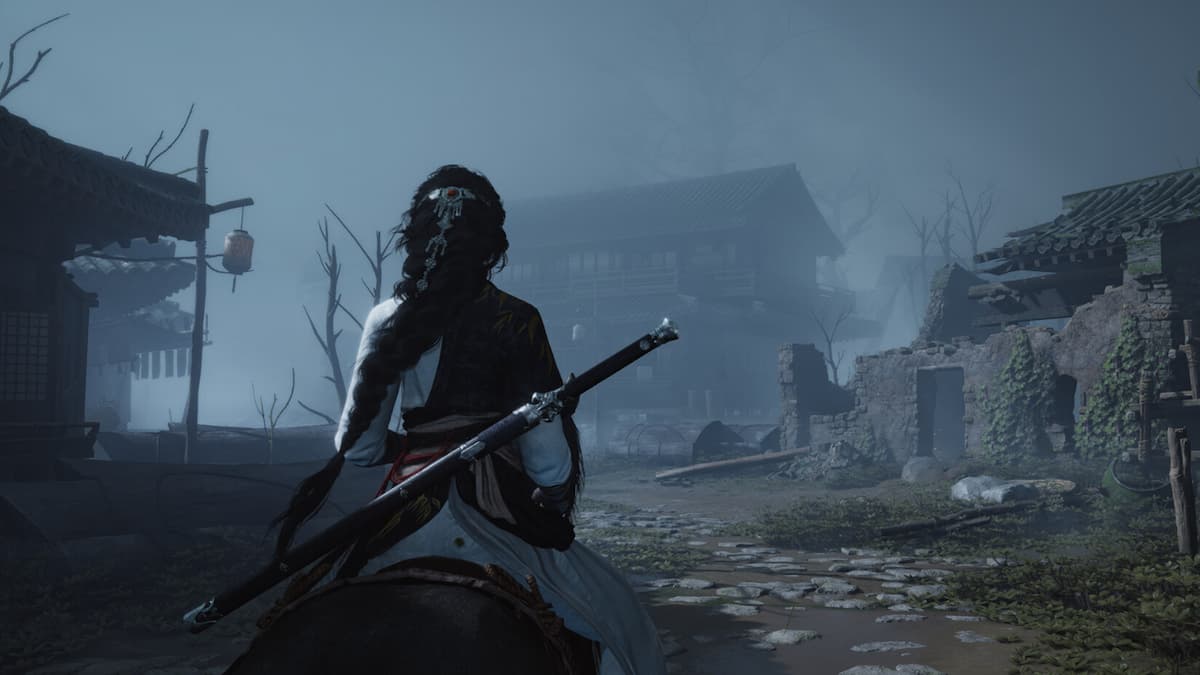

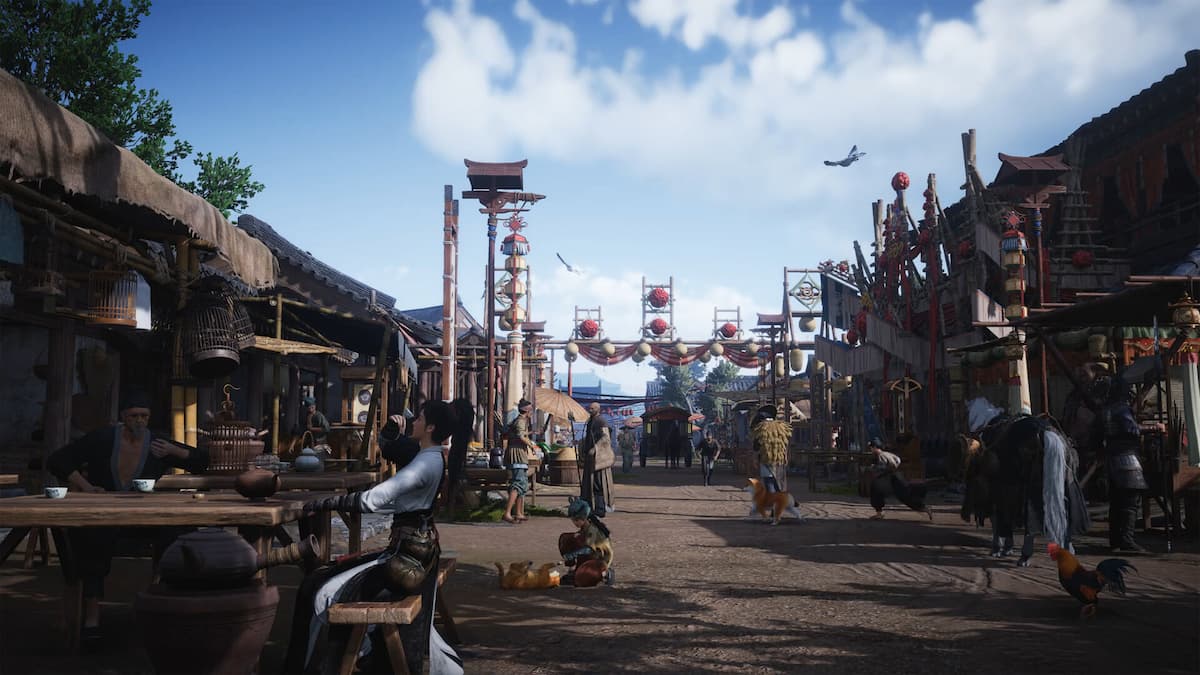
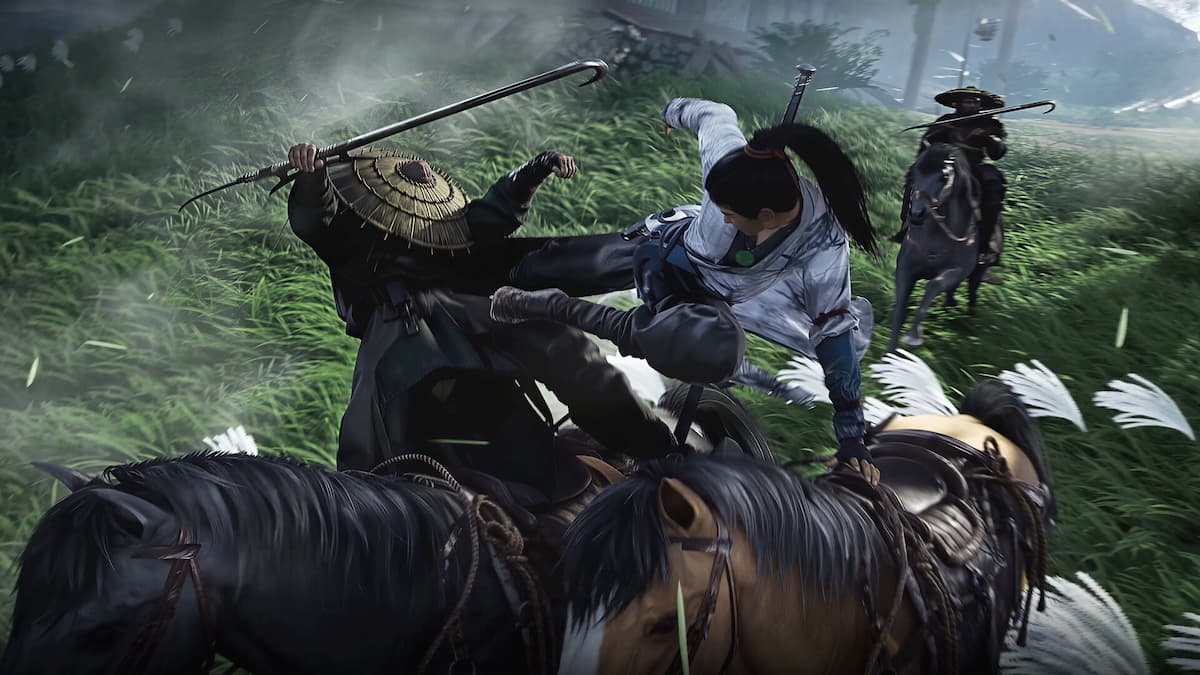


Published: Dec 17, 2024 11:18 am